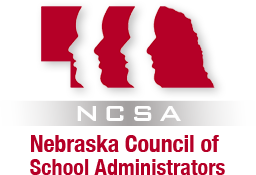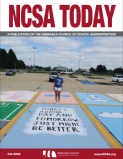Dr. Jami Jo Thompson
The reauthorization of the Individuals with Disabilities Education Improvement Act (IDEIA) provided schools the option of utilizing Response to Intervention (RtI) as part of a comprehensive Multi Disciplinary Team (MDT) Evaluation for Specific Learning Disabilities (SLD). However, there is disparity among educational professionals regarding the components that should be included in the RtI MDT evaluation. The purpose of this study was to examine the perceptions of Nebraska school psychologists regarding the sufficiency of RtI as a comprehensive Multi Disciplinary Team (MDT) evaluation for Specific Learning Disability (SLD) determination and identify the additional components that school psychologists believe are necessary to comprise a comprehensive evaluation.
Surveys containing both quantitative and qualitative questions were mailed to all 234 school psychologists in Nebraska, utilizing the Tailored Design Method (TDM) recommended by Dillman et al. (2009); 153 completed surveys were returned. The data were analyzed descriptively and comparatively. Results indicated that Nebraska school psychologists supported the use of RtI and perceived it to be a more effective approach for identifying children with SLD than the Severe Discrepancy model. However, the majority of respondents indicated that RtI was not sufficient as a comprehensive MDT evaluation. They recommended the utilization of additional assessment and evaluation tools that are individually chosen to distinguish between SLD and other possible disabilities and answer specific questions that arose during the initial RtI process. School psychologists also indicated that they had concerns regarding the consistency and fidelity of RtI implementation.
























